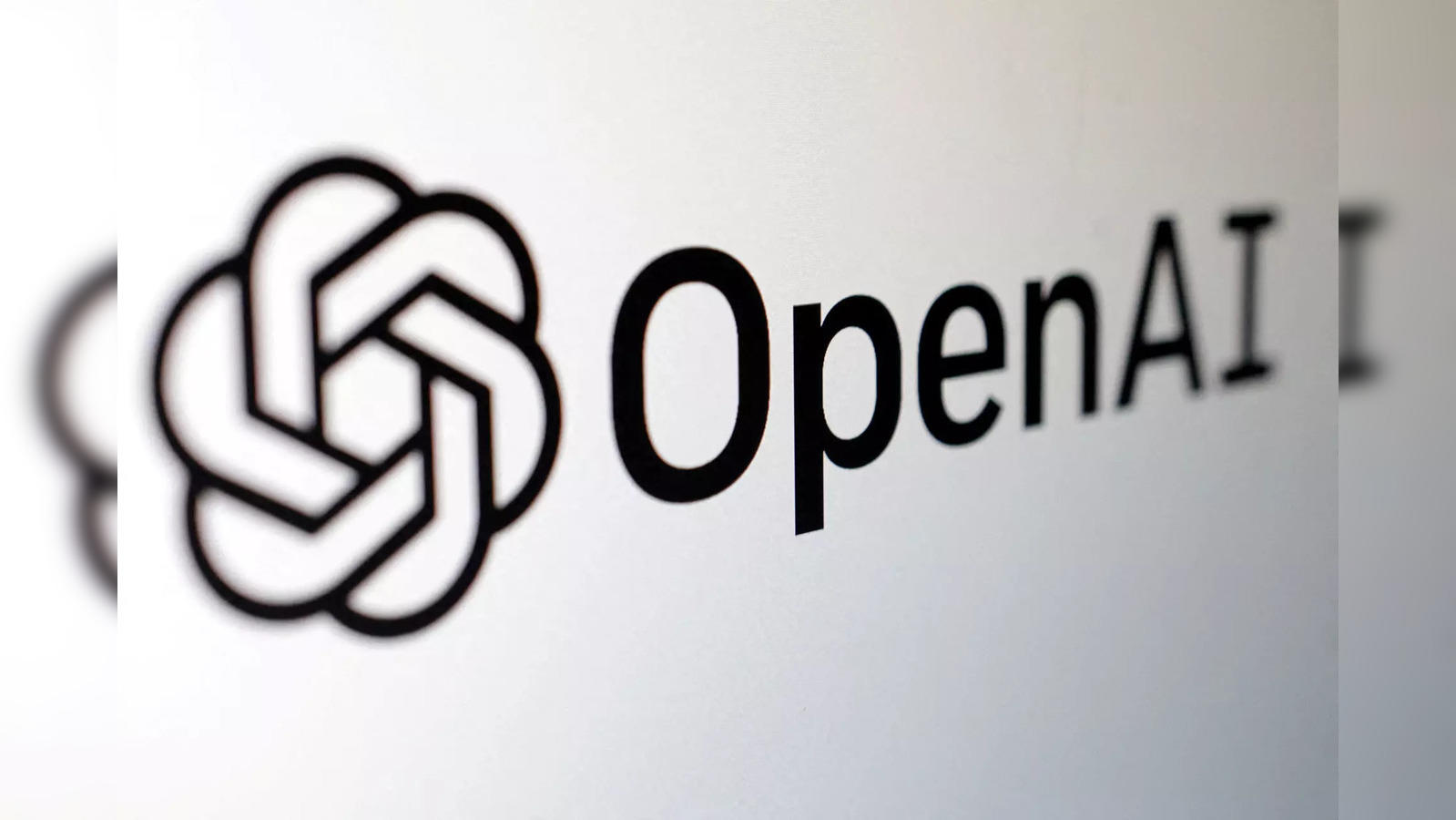 Microsoft’s recent diversification in the field of artificial intelligence (AI) is causing a growing distance between the tech giant and its former AI partner, OpenAI. While Microsoft has been expanding its AI partnerships and investing in training its own AI models, OpenAI has experienced a power struggle and leadership shakeup. As a result, Microsoft is no longer solely dependent on OpenAI for its AI ambitions.
Microsoft’s recent diversification in the field of artificial intelligence (AI) is causing a growing distance between the tech giant and its former AI partner, OpenAI. While Microsoft has been expanding its AI partnerships and investing in training its own AI models, OpenAI has experienced a power struggle and leadership shakeup. As a result, Microsoft is no longer solely dependent on OpenAI for its AI ambitions.
Although Microsoft and OpenAI still have deep ties and collaborations, the exclusive relationship between the two companies is starting to fray. OpenAI is determined to assert its independence and not be controlled by any single backer, even Microsoft.
The recently announced partnership between OpenAI and Apple presents an interesting development. Apple, in need of an AI boost, will integrate OpenAI’s GPT models and other tools into Siri, its virtual assistant. This partnership gives OpenAI access to Apple’s vast user base and data flow, while Apple gains the AI capabilities it desperately needs. However, Microsoft sees this partnership as an opportunity. By nudging OpenAI into Apple’s embrace, Microsoft can potentially gain insights from the user data that benefit both companies.
Apple’s move into AI comes after years of lagging behind its competitors in terms of AI sophistication. While Siri had a promising start, it quickly fell behind rivals like Google Assistant and Amazon’s Alexa. Apple’s partnership with OpenAI is a significant step in catching up to its Silicon Valley neighbors in the AI race. However, there are risks and contradictions involved, such as Apple’s championing of privacy conflicting with the data collection required for AI advancements.
As the AI arms race in Silicon Valley heats up, all eyes turn to Microsoft and its CEO Satya Nadella. Microsoft has been strategically building its AI capabilities and alliances, positioning itself as a leader in the field. With its vast resources and investments, Microsoft is poised to make a major impact in the AI market.

